Bill C-5 grants ‘superpowers’ never before seen in ‘environmental law history’: Bloc critic Patrick Bonin
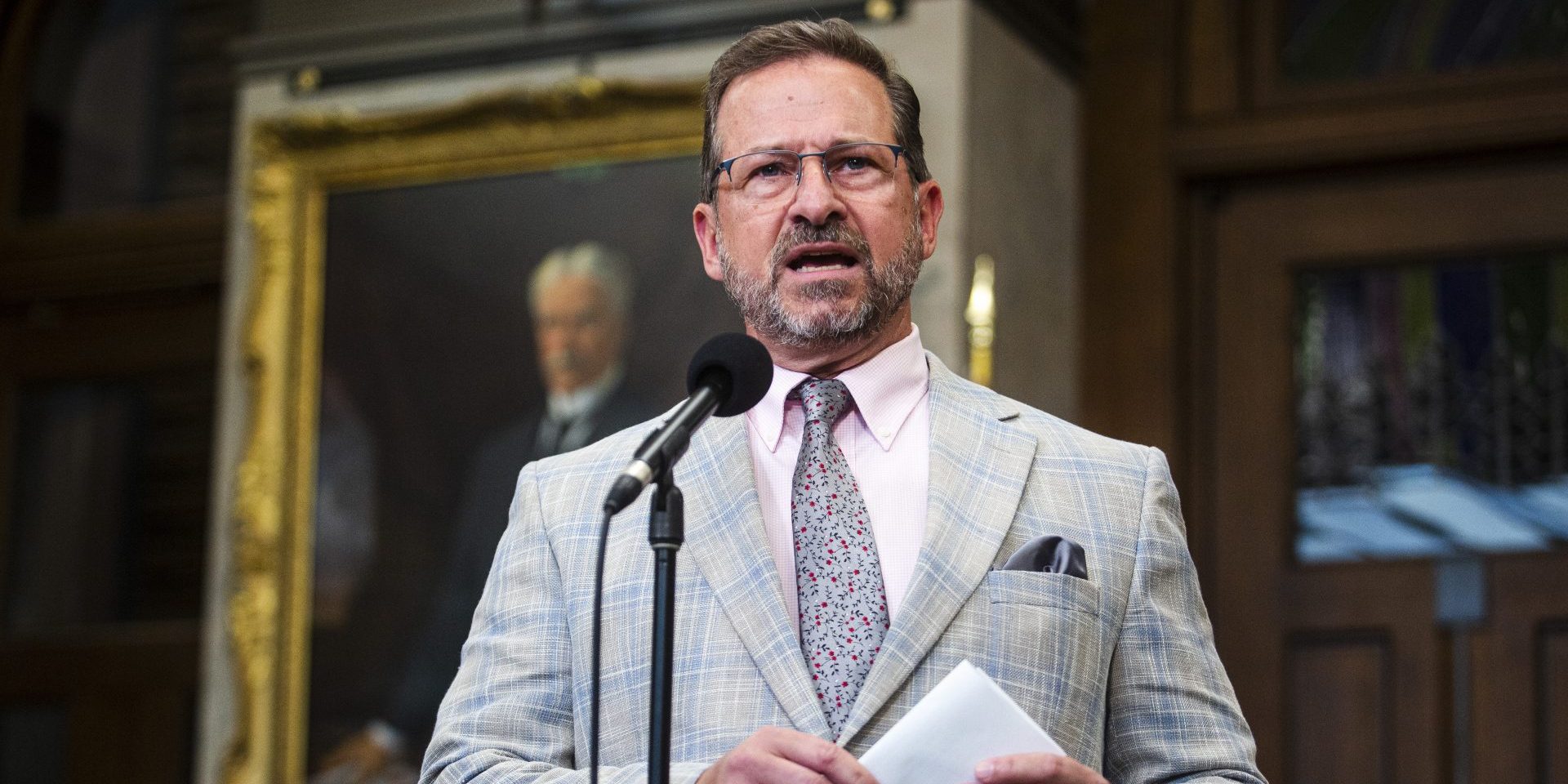
Bloc Québécois environment critic Patrick Bonin says Bill C-5 gives the government the power to bypass environmental regulations, Indigenous land rights, and provincial jurisdictions, and says his party won’t support the legislation due to overarching concerns tied to Quebec’s sovereignty.
Prime Minister Mark Carney’s (Nepean, Ont.) two-pronged One Canadian Economy Act aims to establish free trade within Canada by removing interprovincial trade barriers, and grants the government the right to fast-track certain projects if they are deemed “in the national interest.”
Bonin (Repentigny, Que.) called it “the worst [bill] in terms of environment that we have seen, even compared” to former Conservative prime minister Stephen Harper’s government. Bonin warned Carney’s legislation is being pushed through the House via a “non-democratic” process.
If passed, the bill would create a list of projects in the national interest, and could allow cabinet to bypass or skirt established laws and regulations to fast-track project approvals. Bill C-5 does not require consensus among provincial governments or Indigenous communities. Instead, it requires that “any provincial or territorial government” considered “appropriate” is consulted. It also requires consultation with Indigenous Peoples who have constitutional treaty rights and who may be affected by the project.
The Bloc, led by Leader Yves-François Blanchet (Beloeil–Chambly, Que.), holds 22 seats in the Liberal-led minority Parliament, and has said they won’t support the law.
“What we are seeing is a government who wants to have superpowers that could have never been seen … in the environmental law history,” Bonin, a rookie MP, told The Hill Times. “We are highly concerned that they want to accelerate the approval of those projects at the cost of public consultation, environmental protection.”
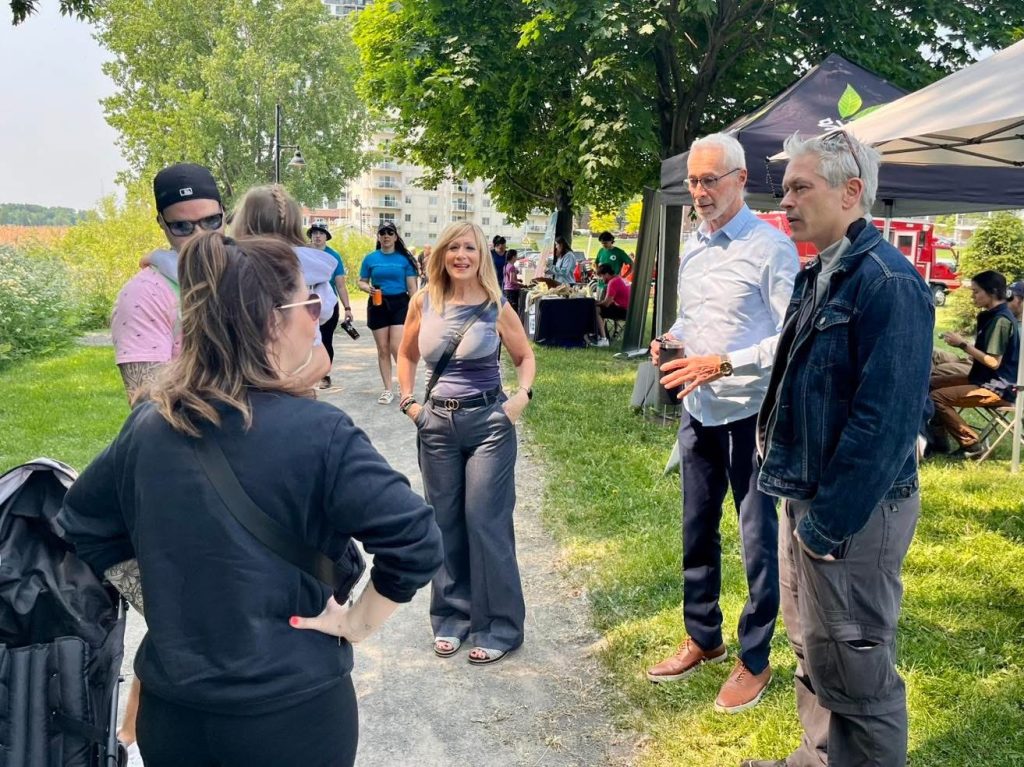
On June 9, the party called on the government to split the bill into two portions so that the then-unformed House Environment Committee could study the second half of the bill in more depth, while the latter portion of the bill aimed at eliminating trade barriers could pass the House swiftly. The Environment Committee held its first meeting on June 16 to elect a chair.
Government House Leader Steven MacKinnon (Gatineau, Que.) rejected the Bloc’s proposal, introducing a motion on June 12 to push the bill through the House by June 20, the last day the House is scheduled to sit before rising for the summer. He cited the government’s need to move quickly in the face of ongoing trade disputes with the United States and the economic precarity facing Canada.
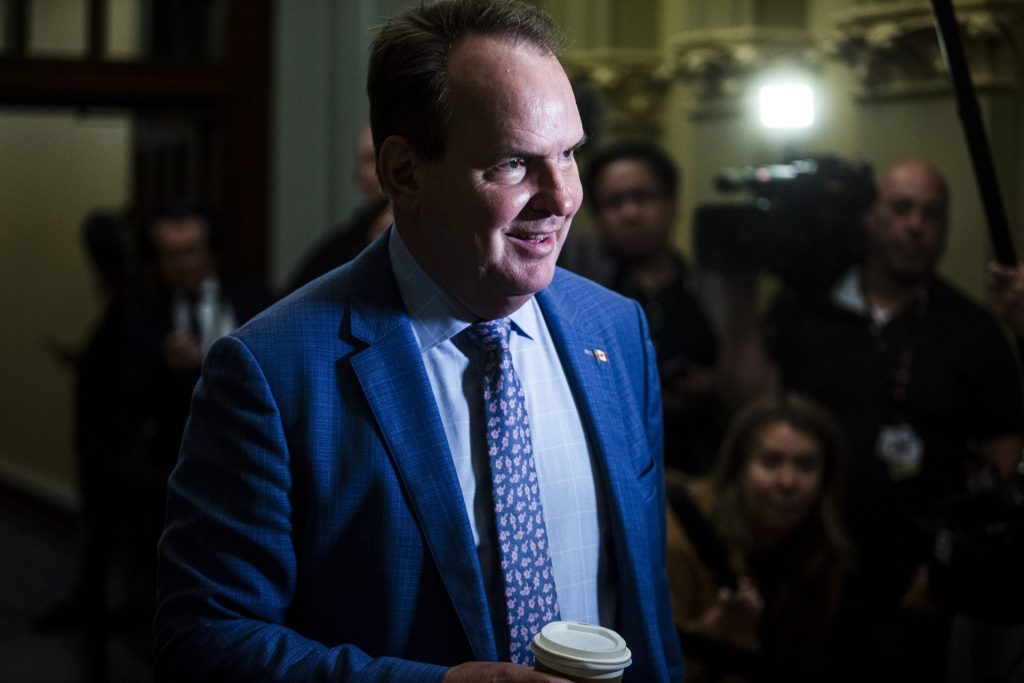
MacKinnon’s motion means the House will only have five days to study the bill, an accelerated process that also has the NDP and Green Party Leader Elizabeth May (Saanich–Gulf Islands, B.C.) joining in the Bloc’s opposition. Indigenous leaders have also called out the lack of consultation, with the the Chiefs of Ontario protesting with a rally on Parliament Hill on June 17.
The Red Chamber also approved a pre-study of the bill, with the Senate authorizing that a Committee of the Whole meet from June 16 to 18 to scrutinize the legislation. Internal Trade Minister Chrystia Freeland (University–Rosedale, Ont.) is scheduled to testify, along with Intergovernmental Affairs Minister Dominic LeBlanc (Beauséjour, N.B.), and Crown-Indigenous Relations Minister Rebecca Alty (Northwest Territories), and others.
The House is set to vote on the Bloc’s proposed amendment to the act, which seeks to increase the time the House spends on studying the bill, and force Carney to speak on the bill to the House.
Senator Paul Prosper (Nova Scotia) of the Canadian Senators Group said he planned to introduce an amendment to delay the portion of the bill that deals with major projects, saying these “necessary steps” are needed given the “extraordinary powers” within the bill.
“If you don’t do it right, now, we’re looking at some potential litigation in the future,” he said at a press conference on June 16. “It’s best to be proactive now, and not let the bill take place on the backs of Indigenous people.”
Do the Liberals have a mandate for this bill?
During Question Period on June 12, Bloc Québécois House Leader Christine Normandin (Saint-Jean, Que.) slammed the government’s motion, saying in French that the bill raises major debates about the environment and Quebec’s sovereignty over its own territory.
“If there’s any bill that just needs to be studied thoroughly, it’s this one,” she said in French.
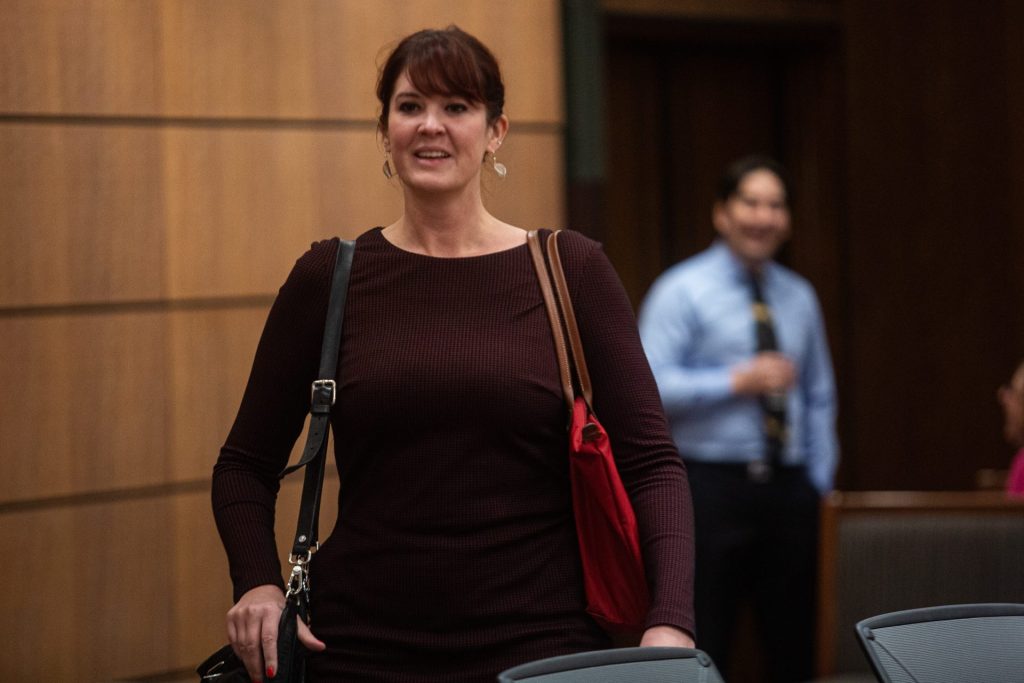
“Is that the prime minister’s intention, to bypass Parliament and govern by decree like [U.S. President] Donald Trump?” Normandin asked.
But MacKinnon defended the government’s actions, saying the bill is in line with its mandate.
“Canadians and Quebecers spoke loud and clear of the necessity of transforming our economy,” he said in the June 12 exchange, calling the legislation necessary, and emphasizing that it will move forward.
Carney has also repeatedly promised, both on the campaign trail and since his election, to establish free interprovincial trade by Canada Day—a deadline that is only a couple of weeks away. The bill would need to pass the House and the Senate in a matter of days in order for the prime minister to achieve that goal.
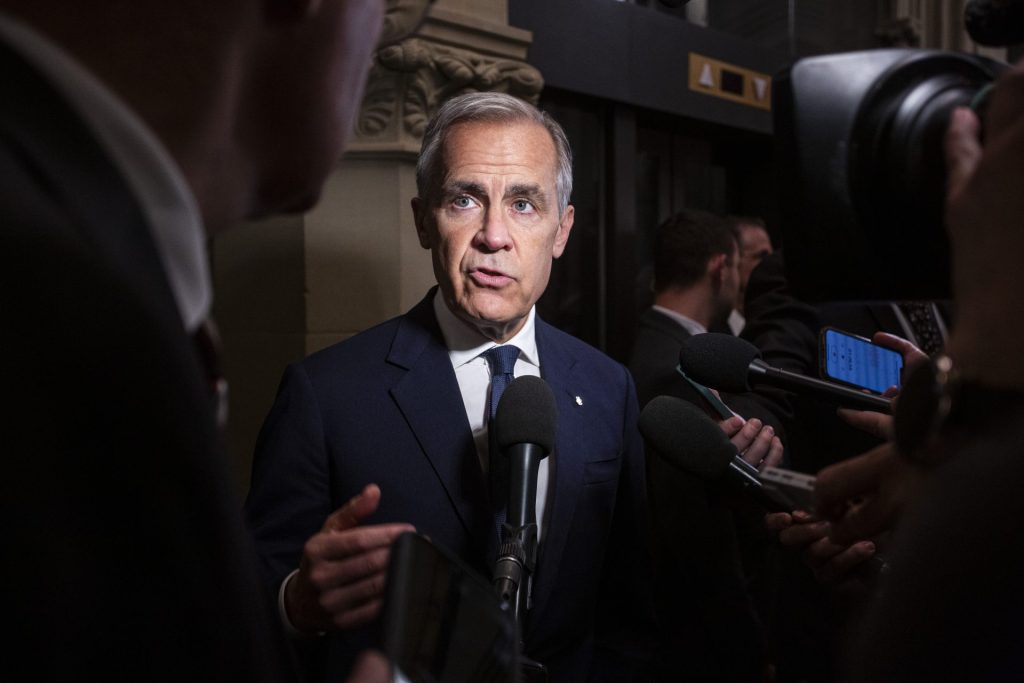
Daniel Béland, a political scientist and director of the McGill Institute for the Study of Canada, said it’s a strategic move for the Liberals to couple “controversial” and popular policies in one bill. But, he noted, Carney’s government could face problems down the line for ramming this legislation through, especially if public pushback grows. It could also cost the Liberals support in the future should they seek out the support of third parties for other legislation, he said.
“You have so many votes in favour of it,” he told The Hill Times. “Imagine if the Conservatives and the Liberals vote for this, it will be the large majority of MPs.”
But the concerns that have been raised won’t disappear, he added.
“You might ram this bill through, and then have a lot of social protest,” he said.
Bonin told The Hill Times he disagrees that the government has been given a mandate to pass Bill C-5, noting that the bill doesn’t provide clear criteria on what defines projects as in the “national interest.”
“They do have the mandate to govern Canada, respecting our democratic process and actual law,” he said. “What they are proposing is the opposite.”
Bill C-5 outlines broad criteria for projects in the “national interest,” including projects that will “strengthen Canada’s autonomy, resilience, and security”; “provide economic or other benefits to Canada”; “have a high likelihood of successful execution”; “advance the interests of Indigenous Peoples”; and “contribute to clean growth and to meeting Canada’s objectives with respect to climate change.”
Bonin called this criteria vague, and said there’s nothing that gives Indigenous groups or provincial governments the right to a veto, which he called highly concerning.
“We’re talking about environmental sovereignty, for instance, for Quebec,” he said.
Rudy Husny, a political analyst and former adviser to then-prime minister Harper, said it’s a “good line” to say that the bill aligns with the Liberals’ mandate, considering Carney was elected on his promise of a unified response to threats to the Canadian economy. But, he added, if the government wanted to be “thorough” it ought to have tabled a fiscal update or a budget first.
“Normally, you start by taking stock of ‘what are is our fiscal position,’” Husny told The Hill Times. “We still don’t know what the deficit [is]. The last time we had a fiscal update was in December.”
“If you make that argument of urgency … can we at least know what’s our current position before saying that we have to rush … to improve the economy? What is the state of the economy right now? We don’t know.”
‘Straight from the [Conservative] handbook’
With 169 seats in the House, Carney’s minority government will need at least three votes from MPs from other parties to pass Bill C-5. The NDP and the Greens have called out the government’s attempts to rush through such a large piece of legislation, but the Conservatives voted with the Liberals on June 16 to approve the motion that would curtail the House’s debate and committee study on the bill.
Husny said he thinks that the government’s alignment with other parties will vary depending on the topic, but said that many of Carney’s first bills have been “Conservative promises.”
“Talking about justice, talking about pipelines—this is straight from the handbook of the Conservatives,” he said. “He’s governing more as a Conservative prime minister, but with the branding of being a Liberal.”
Béland also said that the Liberals are using Canada’s current trade “crisis” with the U.S. to get their legislation passed, noting that Carney is currently popular, and Conservative Leader Pierre Poilievre is trailing in public opinion polls.
“They want to do it now … because, you know, we have not reached an agreement with the United States over trade, but there is discussion that it might happen soon,” he said.
On June 16, Carney met with Trump for the opening of the G7 in Kananaskis, Alta., and Trump told reporters that a deal within a couple of weeks is “achievable,” but said that he and the prime minister have “different concept[s]” in mind.
ewand@hilltimes.com
The Hill Times






 LICENSING
LICENSING PODCAST
PODCAST ALERTS
ALERTS













